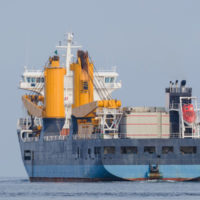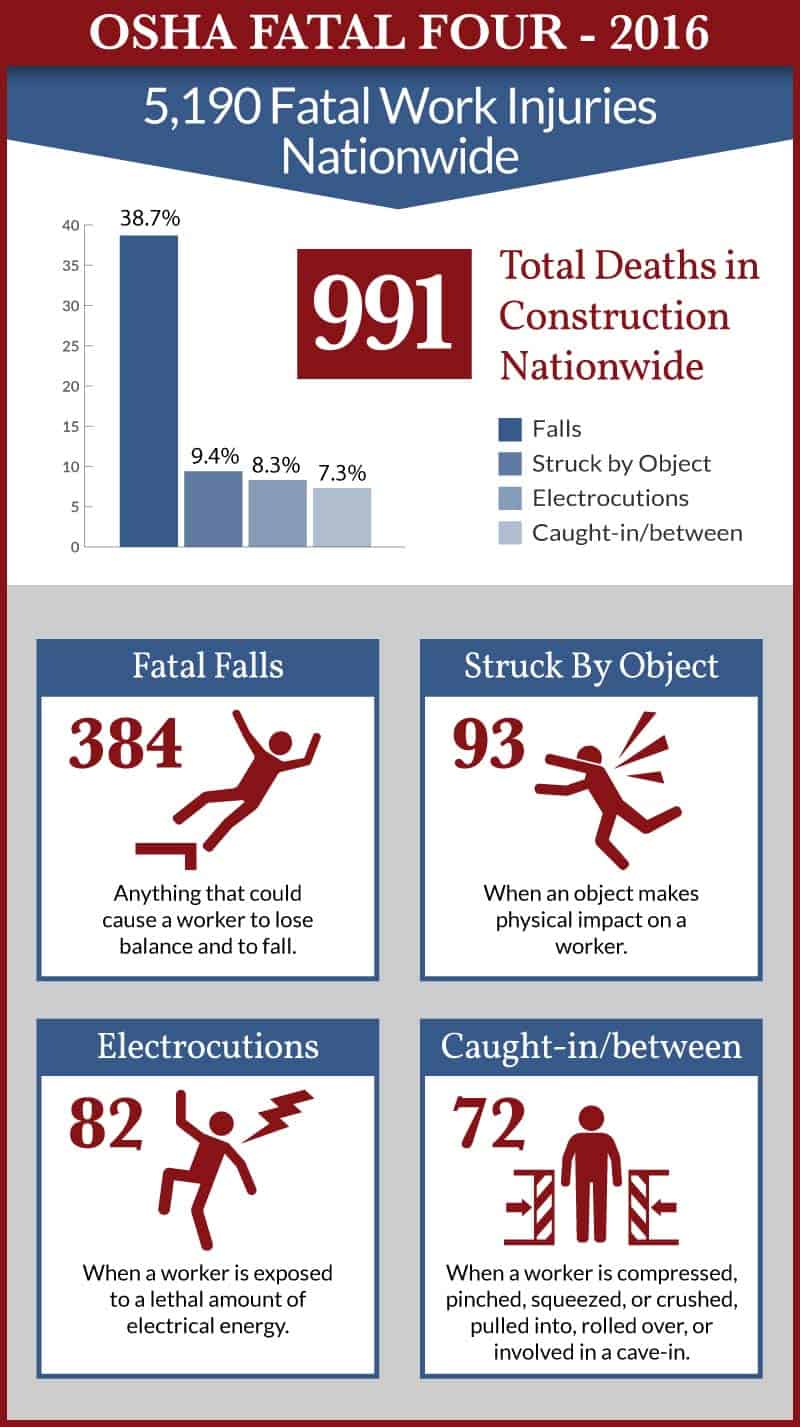Maritime Equipment Injuries
 Maritime workers routinely perform difficult tasks with heavy and cumbersome equipment, including cranes that carry shipping containers, forklifts that transport materials and products, and winches that control industrial strength ropes and heavy cables. Using powerful machinery comes with a grave risk of injury.
Maritime workers routinely perform difficult tasks with heavy and cumbersome equipment, including cranes that carry shipping containers, forklifts that transport materials and products, and winches that control industrial strength ropes and heavy cables. Using powerful machinery comes with a grave risk of injury.
Infrequent as they might be, past maritime accidents have been severe. The industry has seen extreme disasters, including fires, explosions, and chemical exposures, as well as worker injuries caused by electrocutions, falls, and incidents. In the most extreme episodes, mechanical failures or other trauma has resulted in a worker’s death.
Mechanical Dangers
With proper training and dutiful mechanical upkeep, the use of this heavy machinery is executed daily without incident. However, accidents do happen. Human error is sometimes the cause, but too often, industrial accidents can be traced back to fully preventable problems. Recognizing the potential for accidents, employers should take steps to mitigate the dangers their employees face on the job each day. There are many things to bear in mind to keep workers safe.
Safe Practices for Heavy Equipment
Maritime workers who work with heavy-duty tools such as drills, lifts, and other equipment are at serious risk of injury. Listed below are the best ways employers can protect their workers by addressing the most effective ways to ensure the safe use of heavy machinery.
Inspect and maintain equipment: Frequent and diligent inspections of machinery is the first step to ensuring the safety of workers who will use such equipment. Just as crucial is prompt responsiveness to address and remedy any problems detected. This maintenance should involve efforts to secure equipment with bolts or ties to ensure stability.
Properly train personnel: The best way to protect workers from misuse of industrial machinery is to include safe practices as a major component of job training. Safety training should be a continuing effort with regular announcements, posted notices, and enforcement strategies to remind all employees that safety is a major priority.
Supply safety gear: Employers should provide protective masks, gloves, goggles, and other safety gear to shield workers from injury.
Ensure the right tools for the job: Workers should be equipped with the tools needed for the job at hand. The need to improvise techniques or tools can easily lead to injury.
Provide enough hands on-deck: Tough jobs with heavy equipment require teams of workers to act together to get the job done. Having few workers on the team makes the job more dangerous.
Cape May Maritime Injury Lawyers at Freedman & Lorry, P.C. Advocate for Injured Maritime Workers
If you were injured in a maritime accident, you should discuss your case with a knowledgeable Cape May maritime injury lawyer at Freedman & Lorry, P.C. We can help apply worker protections present in maritime law to your case. For a free consultation, contact us online or call us at 888-999-1962 today. With offices in Philadelphia, Cherry Hill, New Jersey, and Pinehurst, North Carolina, we represent clients throughout South Jersey, including Cape May and Wildwood.
